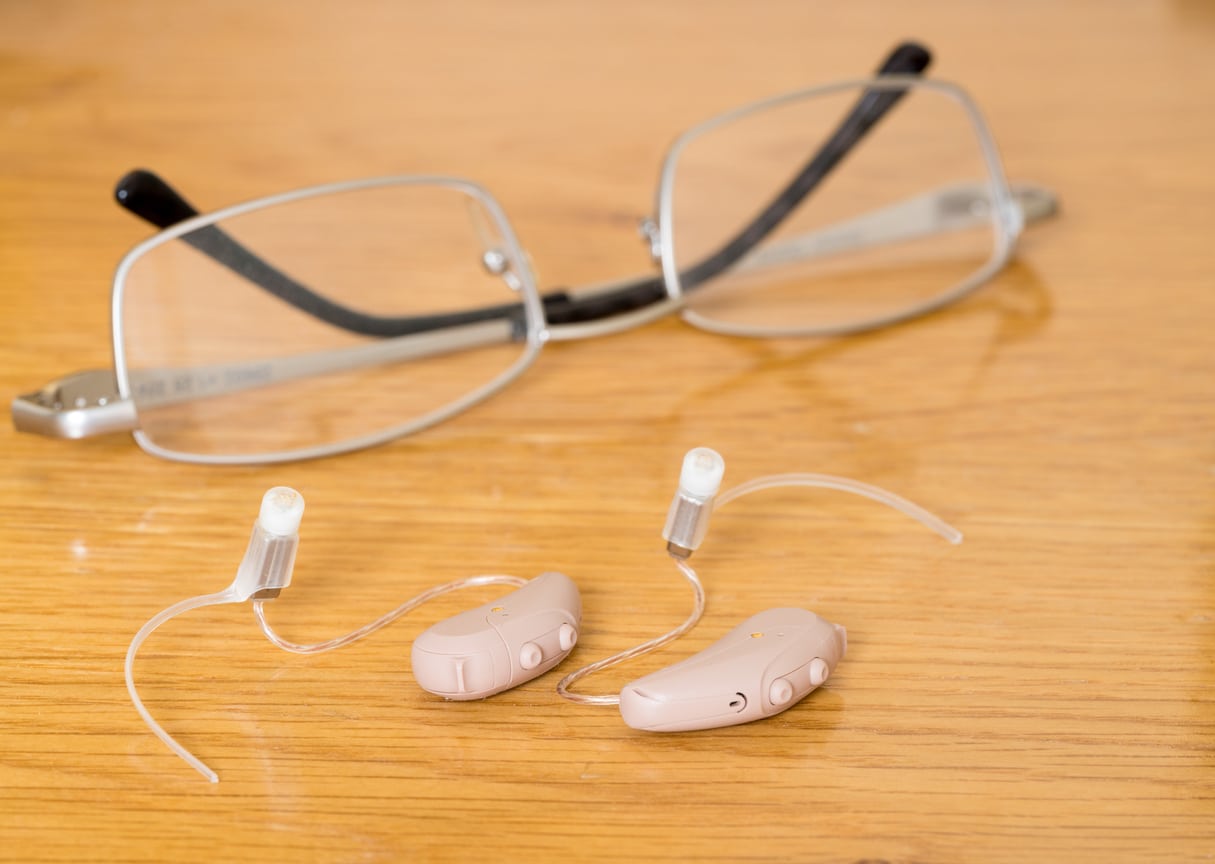Hearing loss is a common condition affecting approximately 15% of U.S. adults. Those with untreated hearing loss frequently experience difficulty communicating with those around them, mental fatigue and more. Unfortunately, even with the adverse effects, people with hearing loss wait an average of seven years before seeking help.
Hearing aids are one excellent way to manage hearing loss. The small devices help amplify speech sounds to minimize the negative impact of hearing loss. If you have been diagnosed with hearing loss but have avoided treatment in the past, look at our list of ways these technologically advanced devices can improve your life.
Hearing Aids Lower Your Risk of Falling

One Johns Hopkins study found that people with hearing loss of at least 25 decibels were three times more likely to have a history of falls than their non-hearing loss peers. The risk of falling increased 1.4-fold for each 10-decibel loss after the first 25. Decreased spatial awareness and increased cognitive load from the effort it takes to understand the world around you are two possible reasons those with hearing may have an increased risk of falls.
Hearing aids can help lower your risk of falling by amplifying the sounds around you to improve spatial awareness. Additionally, by amplifying speech sounds, hearing aids decrease the cognitive load of communication, leaving you with more energy to devote to staying steady.
Improve Your Social Circle
Hearing loss can shake your communication confidence, especially in an environment of competing sounds, like busy Friday night dinners at Sole Augusta. Many people find it easier to avoid social situations rather than struggle to understand those around them.
Hearing aids amplify speech sounds and reduce background noise to help improve communication clarity. With your new devices, you’ll enjoy fun dinners with your friends without the stress of communication.
Tinnitus Management
Tinnitus causes a ringing or buzzing noise in your ears without an external source. Approximately 90% of tinnitus cases occur with an underlying hearing loss. With hearing loss, your brain isn’t receiving the amount of auditory input it’s used to processing. To compensate for this lack of auditory stimuli, the brain creates its own noise in the form of tinnitus.
Hearing aids can help manage your tinnitus by amplifying external sounds or playing white noise to mask the internal ringing—the same method sound machines use to mask tinnitus.
Decreased risk of falls, an improved social circle and tinnitus management are just a few of the many benefits hearing aids offer. If you’re ready to reconsider hearing aids, contact Augusta – Aiken ENT & Allergy today to schedule an appointment with one of our specialists.
